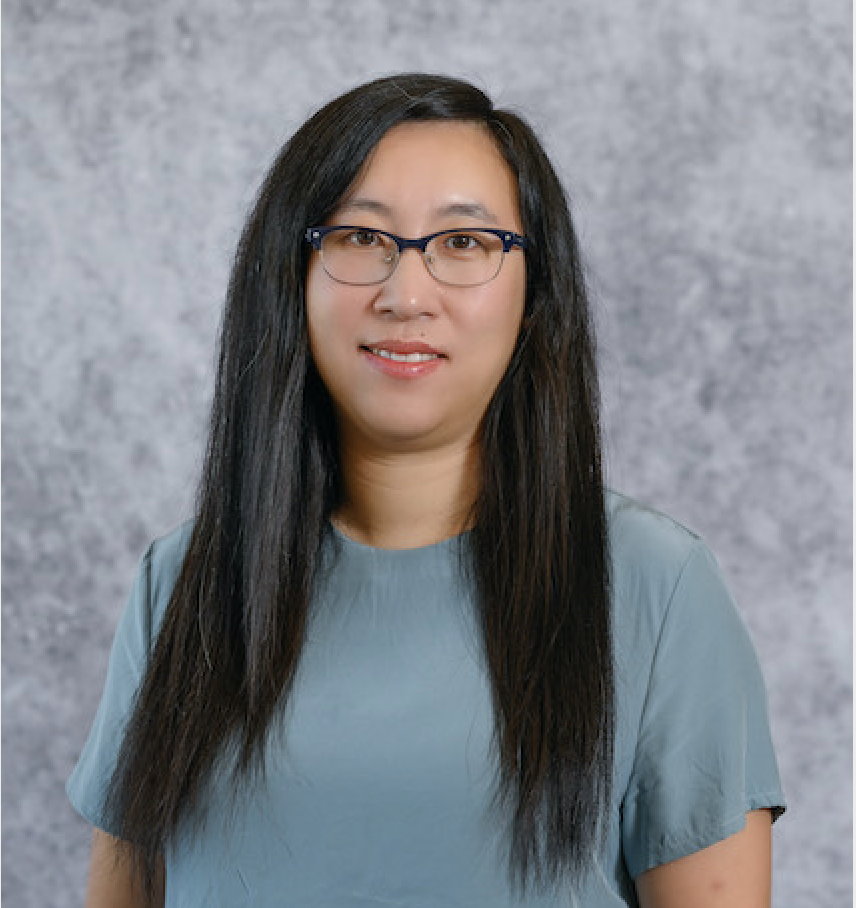Research
Computing Education Research
I am currently leading the CERES lab at NCSU. If you are interested in collaborating with me, please feel free to send me an email!
For undergraduate students, I typically offer research projects every Fall/Spring semester through COE REU or CSC 498/499. Recruitment for these positions is initiated at the CSC Undergraduate Research Lightning Talks event, which is usually hosted on the first Friday of the Fall and Spring semesters. If you are interested in working with me, please send me an email with your CV attached and keep an eye on this website for updates on the event.
Fundings:
- NSF Grant DUE-#2417469 (2024-2027), PI
- NCSU Data Science Academy (DSA) Seed Grant (2023-2024), Co-PI
- NCSU Global Education, Academics, and Research Skills (GEARS) Grants (Summer 2023, Spring 2024), PI
Computer System Research
Funding:
- NSF Grant OAC-#2411136 (2025-2028), PI
Course Redesigns
Enhancing Student Understanding and Interest in Operating Systems Concepts Through Multimedia and Interactive Learning
Funding: NCSU Exploratory DELTA Grant
Principal Investigators: Shuyin Jiao, David Sturgill
Summary: The primary goal of this project is to address challenges in teaching complex operating system concepts by developing animations, videos, graphics, and other media to enhance lecture materials for CSC 246 Concepts and Facilities of Operating Systems for Computer Scientists. Through this exploratory grant, we aim to investigate how animations and other media can make difficult and abstract concepts more engaging and easier to understand. These resources will illustrate the organization of OS structures, demonstrate processes, and provide detailed visual examples to improve student comprehension. Accessible outside of class, these dynamic tools will help reinforce understanding and promote deeper learning.
Critical Path Course Redesign of CSC 111 Introduction to Computing: Python
Fundings: NC State DELTA Course Redesign Grant, Scholarship of Teaching and Learning Institute Grant
Principal Investigator: Shuyin Jiao
Summary: CSC 111 is a required course for students majoring in Civil, Construction, and Environmental Engineering, and it is also open to students in other majors. The course is offered every Fall/Spring semester, with typical class enrollments ranging between 90 and 180 students. Due to the large class size and the difficulty of the course subject, several instructional challenges need to be addressed, including keeping every student engaged throughout the lecture, reducing the DFUW rate, grading programming assignments consistently and efficiently while providing high-quality feedback, and stimulating the interest of students who are not majoring in Computer Science. The goal of this project is to address these challenges and improve the overall quality of instruction. We anticipate that students will be more engaged in class, have a better understanding of the course content, achieve grades above the C- wall, and be more confident in completing every step of the programming process independently, including designing algorithms and writing, testing, and debugging programs in Python.
Publication:
- [Research Poster] Integrating Flipped Learning and Self-Regulated Learning in an Introductory Computer Science Course, Shuyin Jiao, Yan Shen, Dan Spencer, NC State Conference on Faculty Excellence, March 9, 2023, Raleigh, NC, USA.
